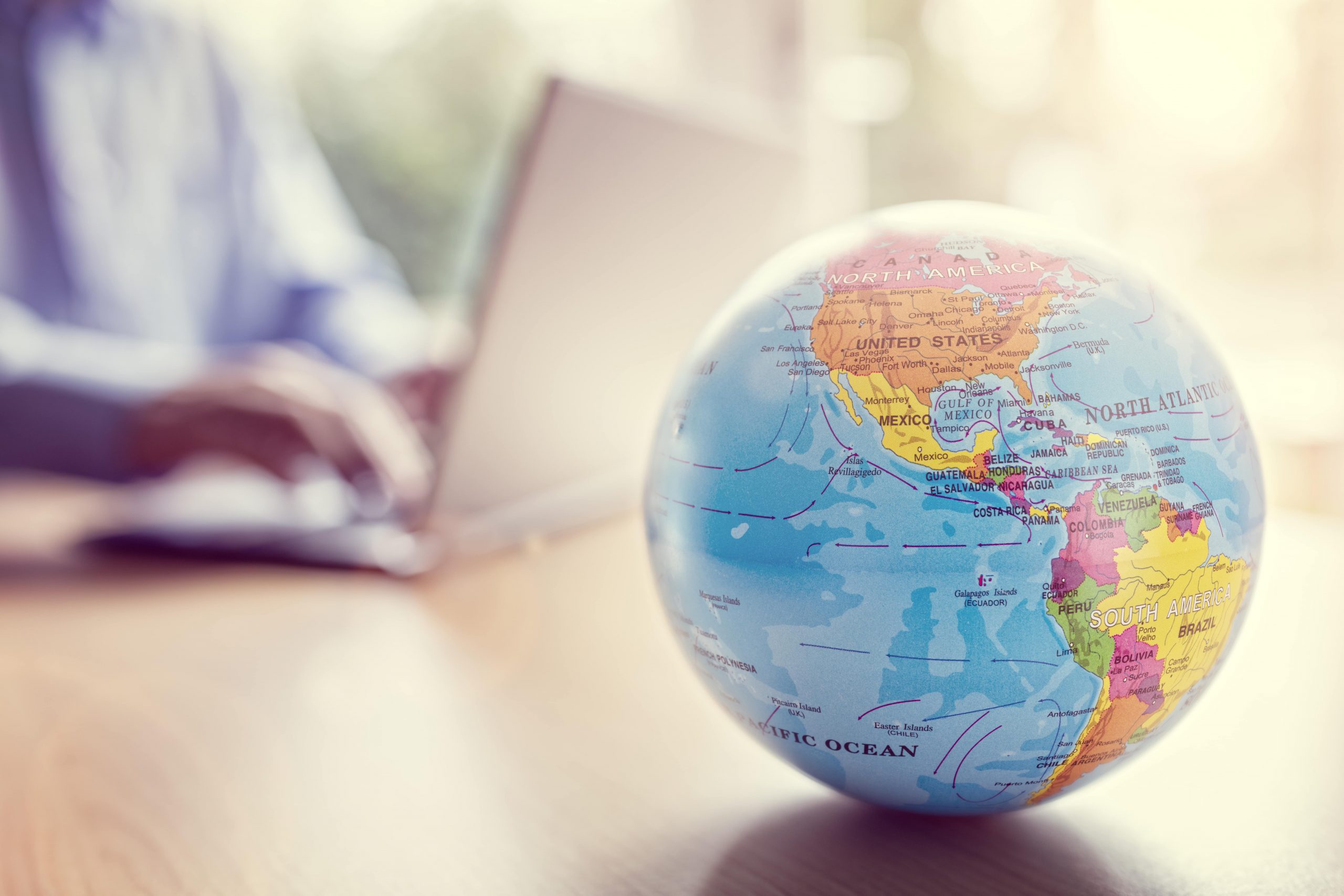The coronavirus pandemic has raised important questions for the global impact investing community. How can we, as impact investors and advocates, be most helpful in supporting communities respond, recover, and build resilience to future crises? How does the pandemic affect our ability to achieve the Sustainable Development Goals? And how can we best engage with decision-makers – including investors, businesses and regulators – to make sure that sustainability and social impact become part of the “new normal” after the crisis?
Given this backdrop, the recent annual leadership meeting of the Global Steering Group for Impact Investment (GSG) could not have been timelier. The GSG is one of the main fora of the global impact investing community, bringing together the 32 National Advisory Boards for impact investing that aim to grow the impact investing market in their respective countries. The GSG reflects the diversity of the impact movement, with members from developed, emerging and frontier markets, from Argentina to Zambia. The Impact Investing Institute represents the UK as the country’s National Advisory Board, and seven of our staff attended the meeting.
Initially set to be held in Turin, the meeting took place, like much of life these days, virtually. Over two days, over 150 global leaders of the impact movement, drawing from National Advisory Boards and allied organisations, exchanged their experiences, both during plenaries and smaller group discussions, on pressing themes and challenges from how to respond to coronavirus to the impact of the crisis on our ability to reach the Sustainable Development Goals. There were also several drop-in “clinics” for National Advisory Board leaders to get advice on specific management issues from their peers, in a spirit of open collaboration between new and more established National Advisory Boards.
Taking place in the middle of a global crisis, the discussions were practical and focused on solutions. We at the Impact Investing Institute led two sessions on setting up emergency funding facilities for social enterprises in response to Covid, based on our experience in helping to set-up such facilities in the UK and working with our partners in Sub-Saharan Africa to support similar efforts there. We also shared our experiences on developing messages that resonate with investors at a time of economic uncertainty, engage with policy-makers to put impact at the centre of Covid recovery and work with partners such as Richard Curtis’ Make My Money Matter campaign to raise awareness of impact investing among the general public.
Despite the diversity of national contexts, what quickly became clear during the meeting was the impact investing community is united around a shared belief – that finance can and needs to be a force for good. Many examples of creative new ways for impact investing to address urgent economic, environmental and social challenges were presented from countries as diverse as France, Mexico, South Africa and India. This included, for example, innovative financial products that were recently launched to fund a green and just transition to a decarbonised global economy, help turn slums into dignified housing and provide access to financing for the most marginalised communities.
Despite these positive examples there was, fortunately, no sense of complacency on display. The impact sector is all too aware that the pandemic crisis carries the real risk of a return to business as usual, rather than the systemic change we need to put capital effectively to work for people and the planet. There was a clear recognition of the urgency to engage those who do not share our analysis. We cannot build back better after this pandemic without convincing mainstream banks, institutional investors, and national governments that accounting for their impact, both positive and negative, and investing to build resilience is the best way to utilise capital as a force for good.
For us at the Impact Investing Institute, this means building on the work we had already started before coronavirus and encouraging others to join us. We are guided by three objectives: mobilising big pools of capital to invest in a sustainable future, making capital more accountable for its positive and negative impacts, and empowering individuals to save and invest in line with their values. We will continue to work towards these goals by providing data, tools and information on impact investing to investors and other stakeholders, helping to develop standards, regulation and policies that support impact investing in the UK and globally, and raising awareness of impact investing through our communications, events, and engagement programmes (including our series of public webinars for which you can sign up here).
We are also continuing to represent the UK and take part in the global conversation facilitated by the GSG. The next big meeting of the impact community will be the GSG annual Impact Summit, which will take place virtually on 9-11 September and is open to a broader public – including investors, entrepreneurs and policy-makers. Ahead of the meeting, we are continuing to work with our fellow National Advisory Boards to strengthen the global impact movement and help develop impact investing markets across the world, including through our Knowledge Exchange Series with National Advisory Boards in Sub-Saharan Africa.
Interested in our work? You can sign up for our email updates, or follow us on Twitter and LinkedIn. We would love to hear from you.

